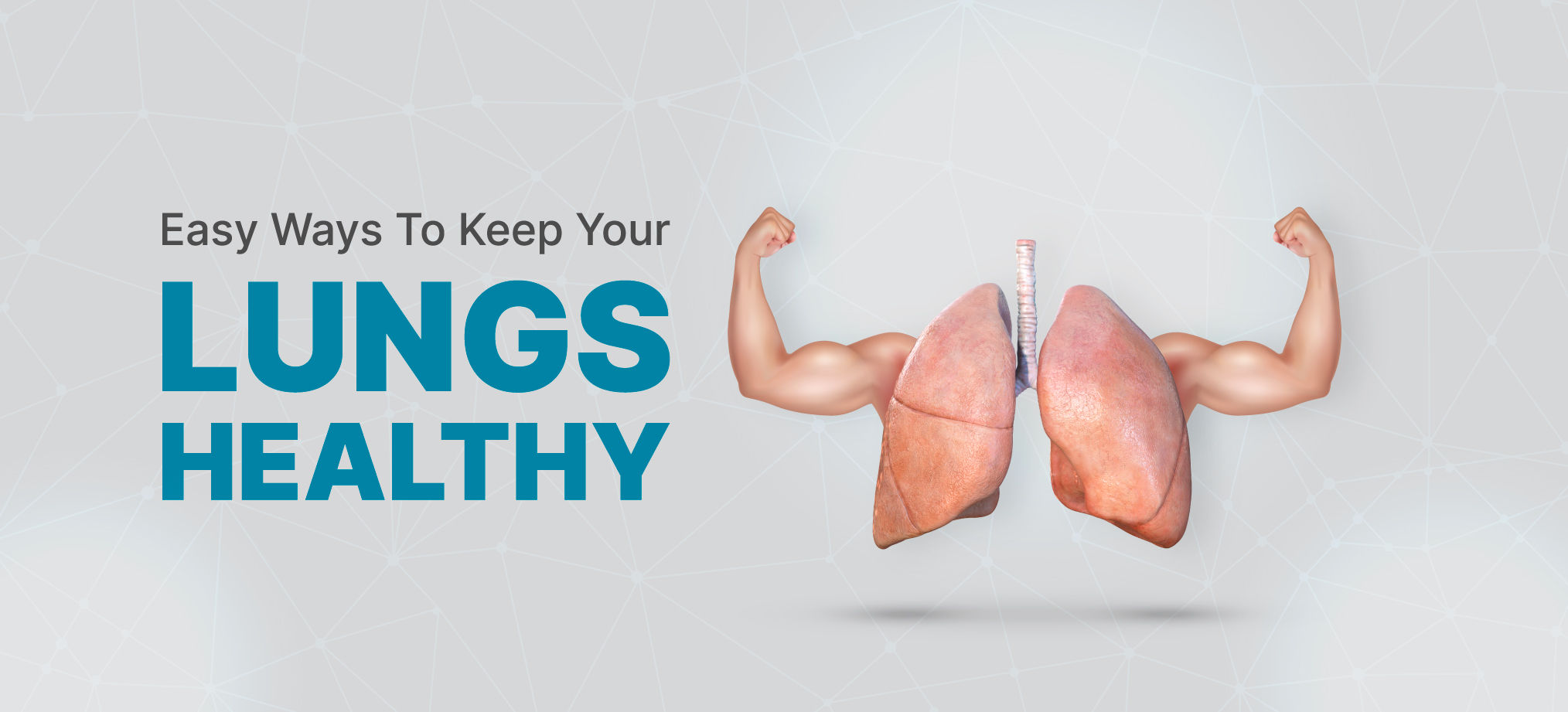Respiratory Health
7 Common Myths and Facts about Asthma
4 min read
By Apollo 24/7, Published on - 11 December 2020, Updated on - 06 June 2023
Share this article
0
166 likes

Common asthma myths and facts
Myth 1: Childhood asthma goes away with age
Myth 2: People with asthma should not exercise
Myth 3: Medications used for asthma are habit-forming and become ineffective over time
Myth 4: Asthma cannot be fatal
Myth 5: Asthma should only be treated when symptoms arise
Myth 6: If there is no wheezing, it is not asthma
Myth 7: Everyone with asthma experiences the same symptoms
Conclusion
Respiratory Health
Leave Comment
Recommended for you

Respiratory Health
Suffering From COPD? These 9 Exercises Can Help Relieve Symptoms
Although there is no permanent cure for COPD, exercises can help ease the symptoms and strengthen the lungs to a great extent.

Respiratory Health
Belly Breathing To Rib Stretches: 5 Exercises To Improve Lung Function
Some exercises like belly breathing, rib stretches and humming can improve your lung function and prevent them from getting affected by diseases and pollutants.

Respiratory Health
Vitamin C: An Essential Nutrient for Good Lung and Respiratory Health
Research indicates that vitamin C helps in protecting the lungs and also reduces the risk of inflammatory lung diseases while improving overall lung function.
Subscribe
Sign up for our free Health Library Daily Newsletter
Get doctor-approved health tips, news, and more.
Visual Stories

Can Asthma Symptoms Get Worse Indoors?
Tap to continue exploring
Recommended for you

Respiratory Health
Suffering From COPD? These 9 Exercises Can Help Relieve Symptoms
Although there is no permanent cure for COPD, exercises can help ease the symptoms and strengthen the lungs to a great extent.

Respiratory Health
Belly Breathing To Rib Stretches: 5 Exercises To Improve Lung Function
Some exercises like belly breathing, rib stretches and humming can improve your lung function and prevent them from getting affected by diseases and pollutants.

Respiratory Health
Vitamin C: An Essential Nutrient for Good Lung and Respiratory Health
Research indicates that vitamin C helps in protecting the lungs and also reduces the risk of inflammatory lung diseases while improving overall lung function.